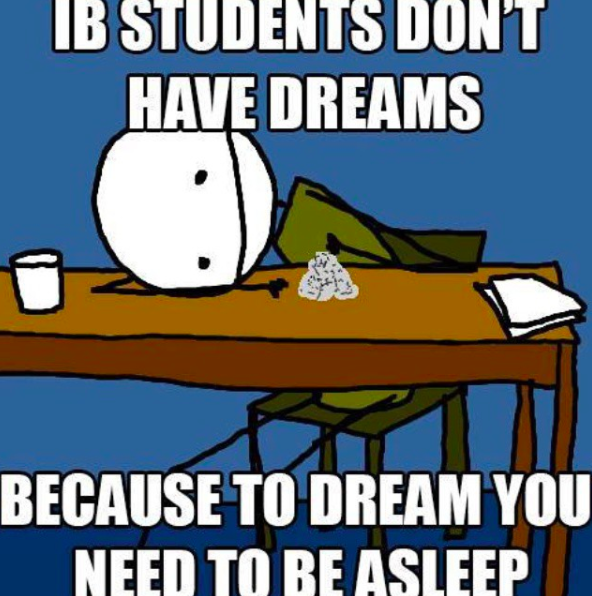By Karim Azhari, year 13
Last week, Mr. Romain Zappella, a private partnership and philanthropy specialist at the International Committee of the Red Cross (ICRC), kindly agreed to be interviewed by the Express.
The ICRC has a long history of mitigating conflict and protecting civilians around the world. Four Nobel Peace Prizes have been granted to the ICRC and its members, including the very first Nobel Peace Prize to ever be awarded, which was given to Henry Dunant, one of the organization’s five founders. The ICRC’s overarching mission is “to protect the lives and dignity of victims of armed conflict and other situations of violence and to provide them with assistance.”
Mr. Zappella explained that it was mostly through promoting dialogue, rather than interference, that the organization is successfully tackling contemporary issues. He affirmed that the ICRC is currently engaged in mediating numerous international and local conflicts and has maintained neutrality in all of them, which, to him, is the key to its success.
He also provided various reasons to encourage individuals to support the organization. First, the humanitarian world will continue to evolve as many triggers, including climate change, are likely to cause numerous international issues such as war and displacement, hence the urgent need to continue supporting the ICRC. Moreover, he states that the headquarters of the ICRC is in Geneva, and there are approximately 20,000 staff members in over 20 countries providing relief on the ground. The scope of impact is very vast; it includes but is not limited to food and water security, mine action, restoring family links, and protection for migrants and refugees, as listed by the ICRC.
He was then asked to discuss the plan of action regarding the Russia-Ukraine conflict; he stressed the importance of communicating with all parties and explaining that the International Humanitarian Law (IHL) needs to be respected at all times. The ICRC deems it imperative to stay neutral, keep an open ground of discussion, and preserve trust from all in light of alleviating this issue more effectively.
Mr. Zappella then invited some students to discover virtual reality masks that were initially used for staff training, but that today can serve as tools for sensibilization and prevention. There were two simulation options, one in which the person finds themselves trapped in a warzone, attempting to save a little girl from heavy shelling, and the other, mimicking a mine explosion in a hazardous land. Having tried both of those out (see heading image), we can attest that the multi-sensorial experience evokes both strong emotions and an avid will to help those for whom these simulated situations do indeed represent reality.
We deeply encourage you to support this foundation in bringing peace and sensibilization to the world, by donating via the following link: https://www.icrc.org/en/donate.



